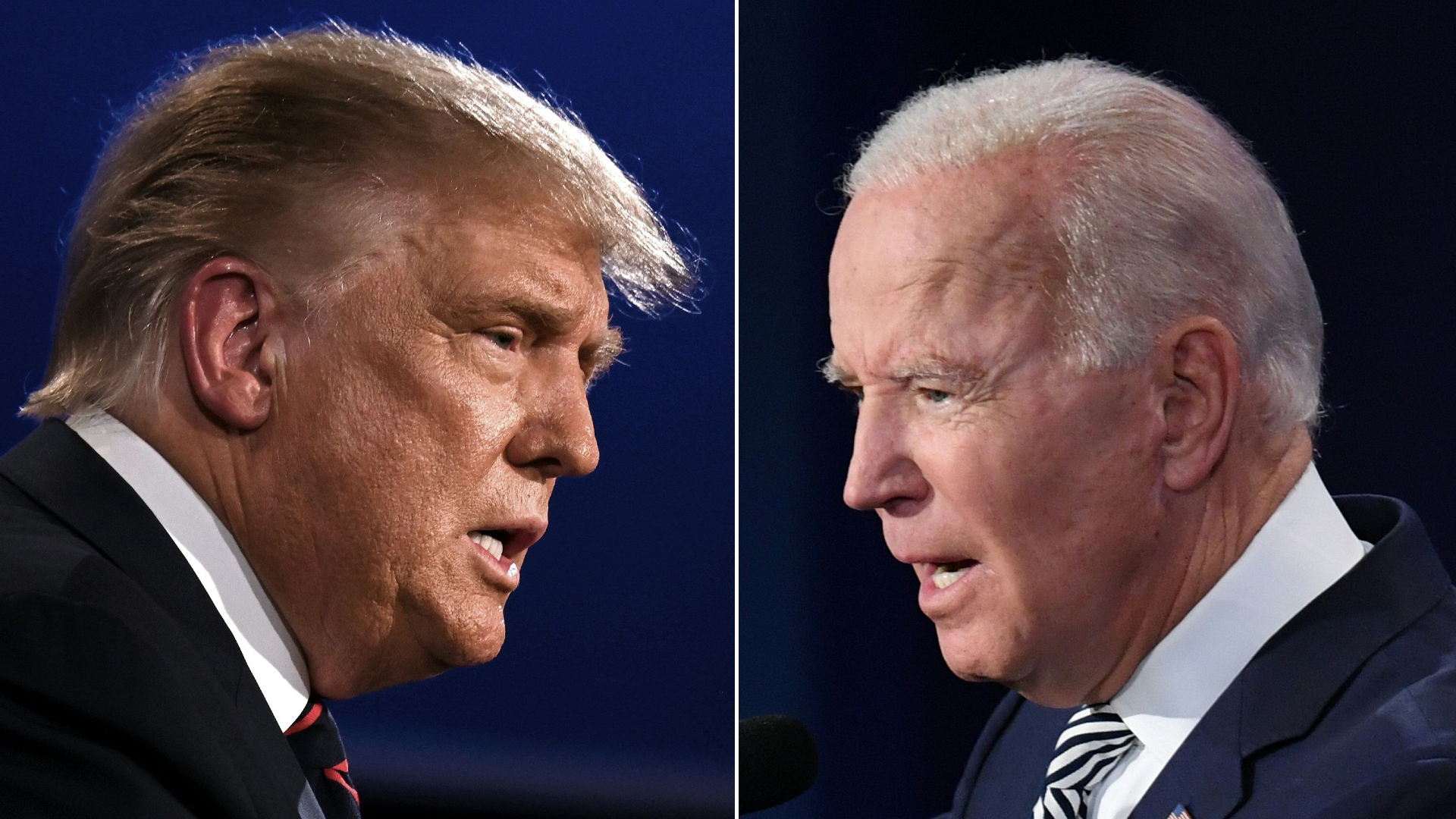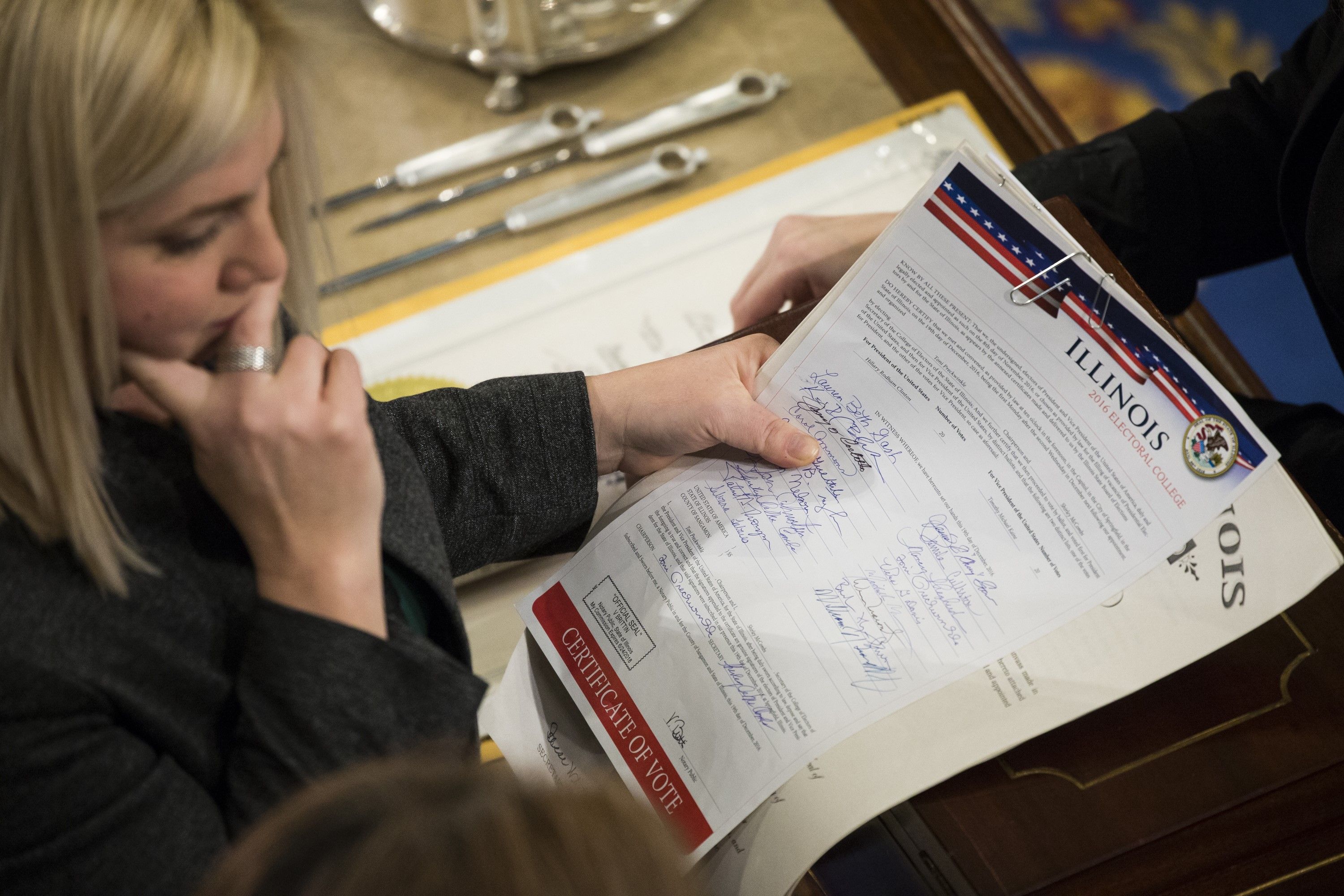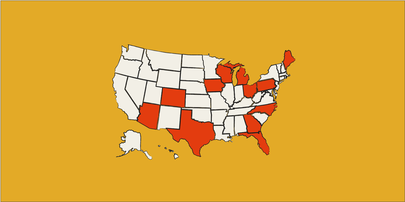This Is How Many Electoral Votes Are Needed to Win a Presidential Election
Every vote counts.


In 1787 the Founding Fathers met at the Constitutional Convention, and the electoral college was born. The now-kinda-outdated-but-we're-in-too-deep voting practice selects the election winner not through the popular vote but by the electoral vote. Which means the candidate who was the most popular in that state gets all the electoral votes for that state (with the exception of Maine and Nebraska).
Each state has a different number of electors: California has 55, but North Carolina has 15. When you add all up the states and their electors, the total equals 538 electors in all—but how many of their votes do you need for the election?
The answer: It takes 270 or more electoral votes to win a presidential election.
Back in 2016, Donald Trump won with 304 electoral votes, despite the fact Hillary Clinton famously won the popular vote. It was the fifth time in American history that the presidential election winner lost the popular vote.
It's important to note, however, that while a projected winner is usually announced on election night in November after you vote, the actual Electoral College vote takes place in mid-December when the electors meet in their states. So while you may hear one thing in November, the official announcement of who won the election won't come until later.

House Clerk staff verify the official Electoral College votes from Illinois during a joint session of Congress at the U.S. Capitol in January 2017.
Now, if so many people think the practice is outdated, why haven't they got rid of it yet? Since the practice is listed in the U.S. Constitution, it would take a constitutional amendment to change the process, meaning it has to be approved by a two-thirds vote of both houses.
While in today's political environment, that seems highly unlikely, there's one time in the past when it got close. In 1969, the U.S. House of Representatives voted by 338 to 70 to send a constitutional amendment to the Senate that would have dismantled the Electoral College—but just a year later, it was shot down by the Senate.
Get exclusive access to fashion and beauty trends, hot-off-the-press celebrity news, and more.
Even same-party members have different views on abolishing the Electoral College. Democratic presidential candidate Joe Biden doesn't support eliminating the Electoral College, but his Democratic vice-presidential candidate Kamala Harris thinks differently.
Harris told Jimmy Kimmel, "I'm open to the discussion. I mean, there's no question that the popular vote has been diminished in terms of making the final decision about who's the president of the United States and we need to deal with that."
Regardless of the Electoral College, every vote counts. If you're not registered to vote, sign up here.
Related Stories



Bianca Rodriguez is the Audience Development Manager at Future, covering fashion, beauty, and more for Marie Claire, Who What Wear US and Who What Wear UK. In addition to spearheading SEO content across brands—whether writing about wardrobe must-haves or strategizing how to make eye-catching content—she is also an avid reader with a deep love and knowledge for books of all genres. More often than not, you can find her lounging with a good book on the weekend.